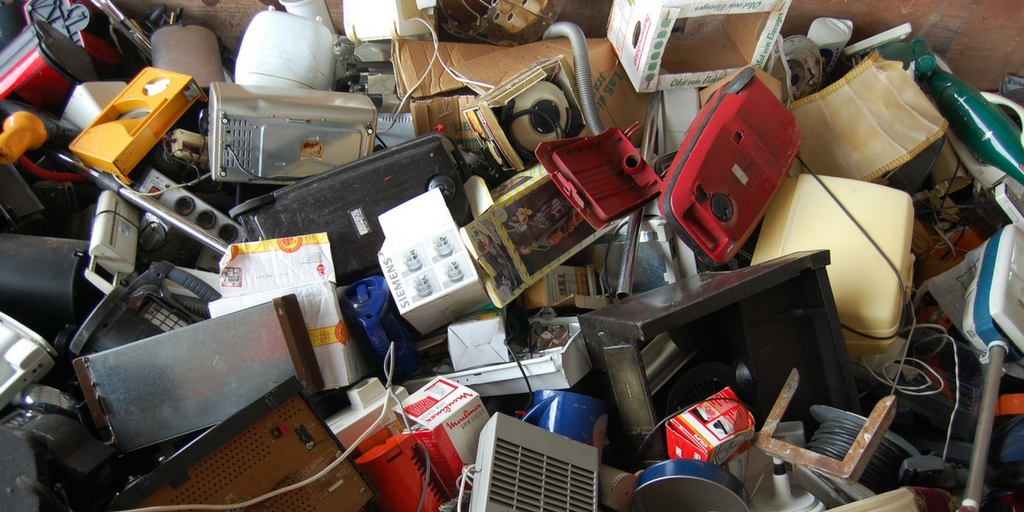
Incentivizing e-Waste Recycling
Of legal obligation, financial incentives, and convenience, what best drives consumers to practice proper e-waste recycling?
The United States is a nation of consumers, and there are few things we enjoy more than our electronic gadgets. Unfortunately, for every new device — or upgrade — introduced to the market, there’s an older model that becomes obsolete.
The world produced 41.8 million metric tons of e-waste in 2014, according to a study published by the United Nations University. So how can we combat this growing problem?
The recycling option… and sometimes law
Recycling products that we’re no longer using is always good practice. It can help protect the environment from hazards that are in our electronics and batteries. And many times, the device can be refurbished and donated to a person in need.
Sometimes just asking people to recycle isn’t enough, though. Some governments have made it illegal not to recycle. For example, the EU has gone so far as to institute the Battery Directive. Understanding that batteries commonly contain elements such as mercury, cadmium, and lead, the EU has set an objective of improving environmental performances of batteries, and setting a standard for their waste management as well.
In the United States, cities like New York City have made it illegal to simply throw out electronic devices. Instead, residents need to bring their devices to a recycling center, many of them conveniently located at other electronic retail outlets.
Incentives
If less hazardous waste in landfills, a cleaner environment, and compliance with laws and regulations aren’t enough, how about saving money as an incentive to recycle e-waste?
Many manufacturers and retailers offer discounts on purchases with the return of old devices. Best Buy, for example, has experimented with trade-in and recycling programs that offer gift cards or cash for customers who bring in old devices. As programs like this can leave the retailer struggling to break even, they often aren’t financially attractive enough to be the sole incentive drawing consumers to recycle e-waste.
But one incentive that is very effective is also, probably, the most obvious — convenience. One survey found that 43% of respondents would be more likely to recycle e-waste were cell phone and battery recycling part of curb-side pickup.
The convenience of curb-side pickup for paper, plastic, and aluminum helped to make recycling ubiquitous in neighborhoods across the country. It’s the same thought process that leads researchers to believe that the convenience of a curb-side pickup will encourage more individuals to recycle their electronic devices and batteries.
This post originally appeared on EBN Online.
Related posts:
